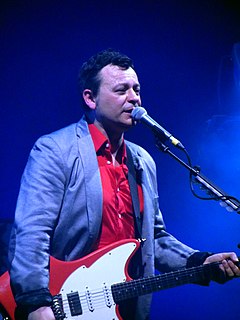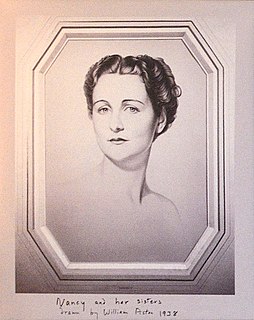A Quote by Ursula K. Le Guin
Translation is entirely mysterious. Increasingly I have felt that the art of writing is itself translating, or more like translating than it is like anything else
Related Quotes
Translation is entirely mysterious. Increasingly I have felt that the art of writing is itself translating, or more like translating than it is like anything else. What is the other text, the original? I have no answer. I suppose it is the source, the deep sea where ideas swim, and one catches them in nets of words and swings them shining into the boat... where in this metaphor they die and get canned and eaten in sandwiches.
Writing by myself, I spread that out more. I'll spend more time on a song then. I'm more critical about it, because there's no one else in the room to tell me, 'That's really not translating. I'm not getting what you're saying.' So, I'm constantly rewriting it, thinking, 'No, that's fine,' and going back.
I have made a very rude translation of the Seven against Thebes, and Pindar too I have looked at, and wish he was better worth translating. I believe even the best things are not equal to their fame. Perhaps it would be better to translate fame itself,--or is not that what the poets themselves do? However, I have not done with Pindar yet.
I have to say, doing theater, that's what you're trained to do. Doing film, when I first started doing it, felt like something else entirely. It felt like the difference between, I don't know, waiting tables and painting a great work of art. It's night and day. I didn't feel like it was even acting.
The people I've met -- obviously, the people I'm going to meet after concerts are people that bother to hang around and there's going to be more of a chance of things translating to them because they're going to take more time over it, if they're going to wait around to meet us. But so far, it does seem as if things written down are translating into people actually buying it, that kind of way.
I find it interesting that people often seem to believe that authors of realistic fiction are directly translating their personal experiences into their work. The fact is that telling a story is a transformative experience. There is rarely a one-to-one translation onto the page unless you're writing memoir, and even then, memory is unreliable. I think that the best books feel emotionally true, and that truth has to be rooted in real-world experience.






































